Obsessive Compulsive Disorder (OCD) is a serious mental disorder and it has high hopes of being treated once it’s symptoms are identified.
It is not uncommon to hear people joking about their “OCD” tendencies, describing patterns of having strong preferences about how things are arranged or anxiety when things are in disarray, but some may find that these jokes hold more truth than they realize.
Obsessive Compulsive Disorder commonly referred to as “OCD” is a mental health disorder that is characterized by the strong urge to repeat certain behaviors or processes. It is a condition that is classified as an anxiety disorder, as anxiety is what creates and drives the urges that people with OCD have to repeat compulsive behaviors.
Compulsive behaviors can include several actions and mental processes like repeating words, counting or finding sequences, checking locks, or cleaning and organizing. At a moderate level, these behaviors can be normal, and even helpful to people, but for people with OCD, these obsessive urges and behavior patterns begin to take over their lives.
Here are 5 signs that might indicate a person is struggling with OCD:
1. Your thoughts are anxious, intrusive, and difficult to interrupt
The “obsessions” in OCD describe ideas that come into a person’s mind and are difficult or seemingly impossible to break free from.
These thoughts can be about different things but tend to center around anxieties a person has. These might include a fear of getting sick or hurt, a fear of hurting others, or fears about a variety of other bad outcomes.
2. You have to do something repetitively to calm the anxiety or quiet your mind
The “compulsion” part of OCD describes the need to do something very specific to alleviate anxiety and feel a sense of being in control.
For some, this might be something external like washing their hands or tidying something up in their home. For others, this action might be more of a mental process, like repeating a word or phrase or counting to a certain number.
3. You do not feel in control of your thoughts and actions, and it bothers you
People with OCD describe that they do not feel in control of their ideas, and often feel controlled by their thoughts.
People with OCD also often feel a lack of control over their behavior as well because of their need to repeat certain actions whenever a certain idea or anxiety arises.
4. Your daily routine is affected
People with OCD also describe that the obsessive thoughts and compulsive behaviors begin to take over their routine, creating disruptions in their ability to get things done, be places on time, and meet their expectations.
This is especially true during times when a person is under stress or is experiencing heightened anxiety.
5. You are often fearful or disturbed by the content of your thoughts
People with OCD often describe that the types of thoughts they have upset them, scare them, or even make them feel ashamed.
While this is not always the case, it is relatively common that obsessive thoughts can be sexual in nature, violent in nature, or contain other content that feels immoral to the person having these thoughts.
Frequently, people with OCD feel that these thoughts have reflected on their character in some way when, in reality, this is not true.
If you notice any of the signs or symptoms above, it may be helpful to speak with a licensed therapist who can help you determine whether you are suffering from OCD.
The good news is that OCD is highly treatable, and many people can learn skills and strategies to manage their symptoms and experience less disruption to their lives and routines.
Written by Hailey Shafir
Originally appeared in Addictions.com
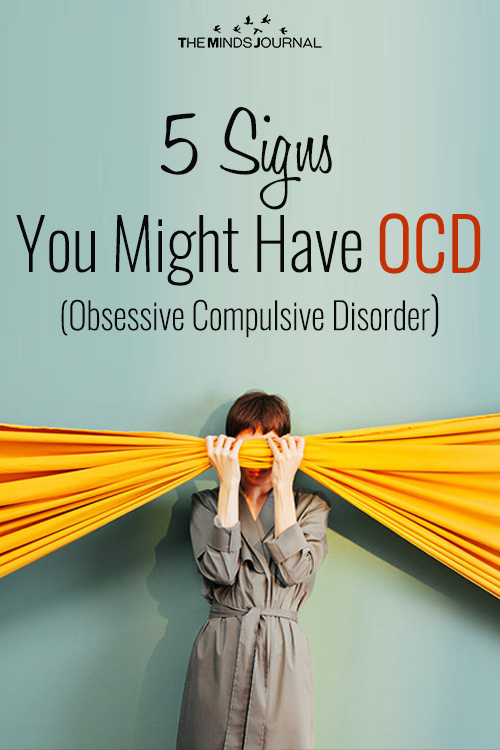
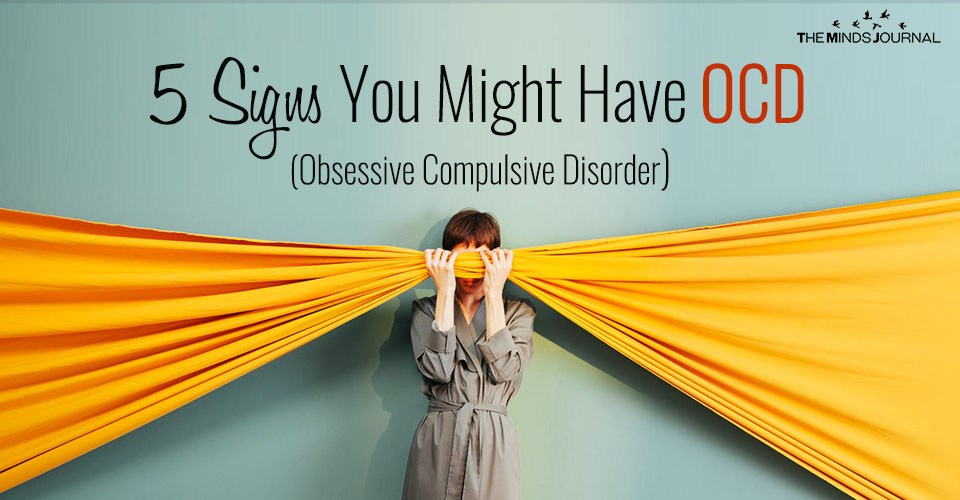

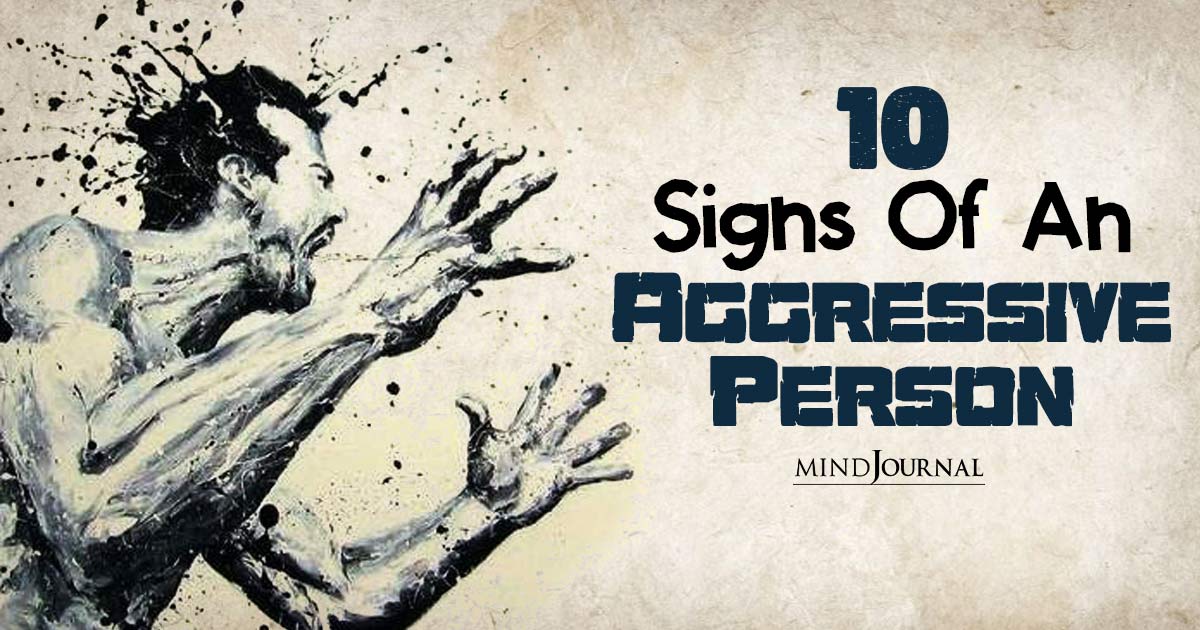
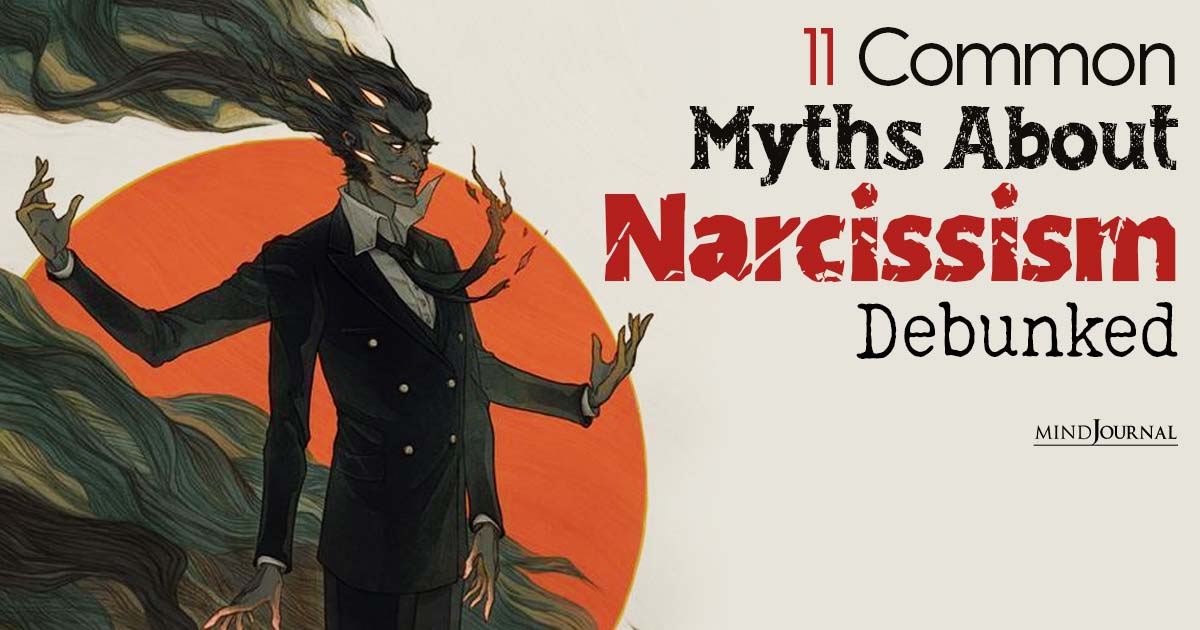



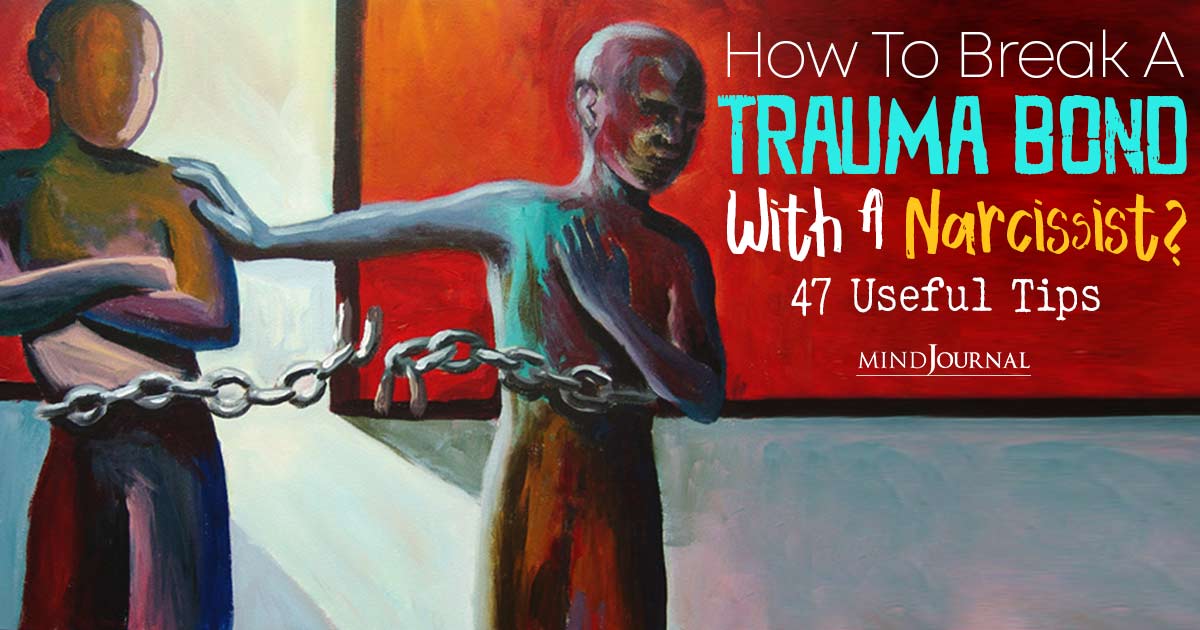
Leave a Reply
You must be logged in to post a comment.